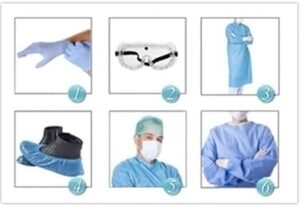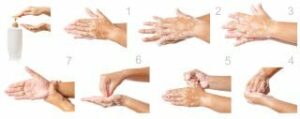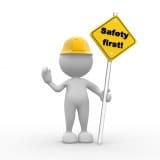Menu
Menu
CPR, First Aid, BLS, ACLS, PALS certifications.
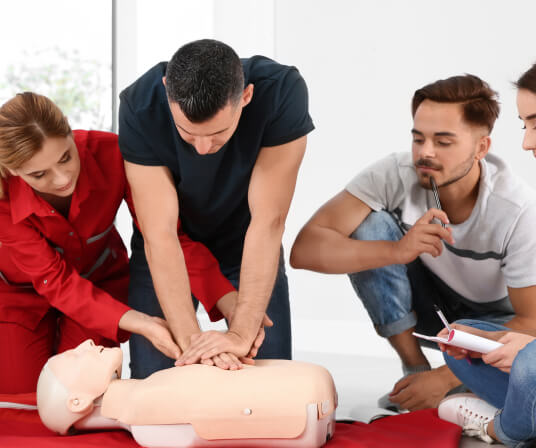
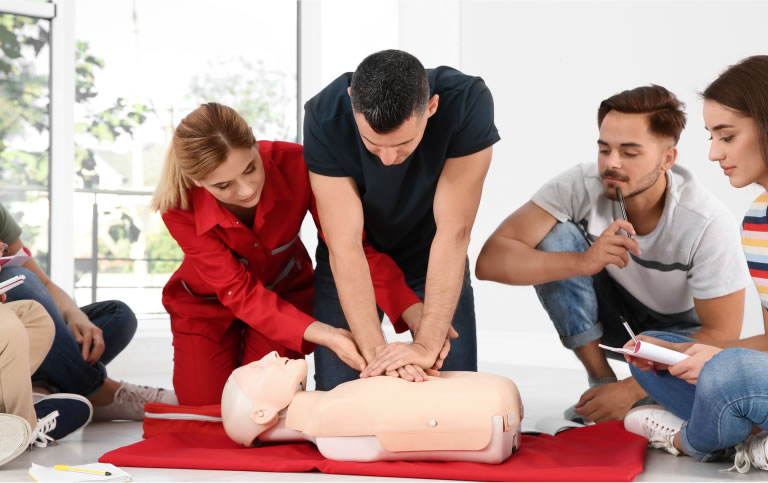

$49.95 $59.85
| Chapters | CE Credits | Validity | Cost | Duration | ECC | Exam Attempts | Wallet Card |
|---|---|---|---|---|---|---|---|
| 31 | — | 2 Years | $49.95 | 2 Hrs | Compliant | Unlimited | Download/Print/Mail |
It is important to always check the scene and ensure your safety first. Remember that dialing 9-1-1 is one of the most important steps you can take to save another’s life.
